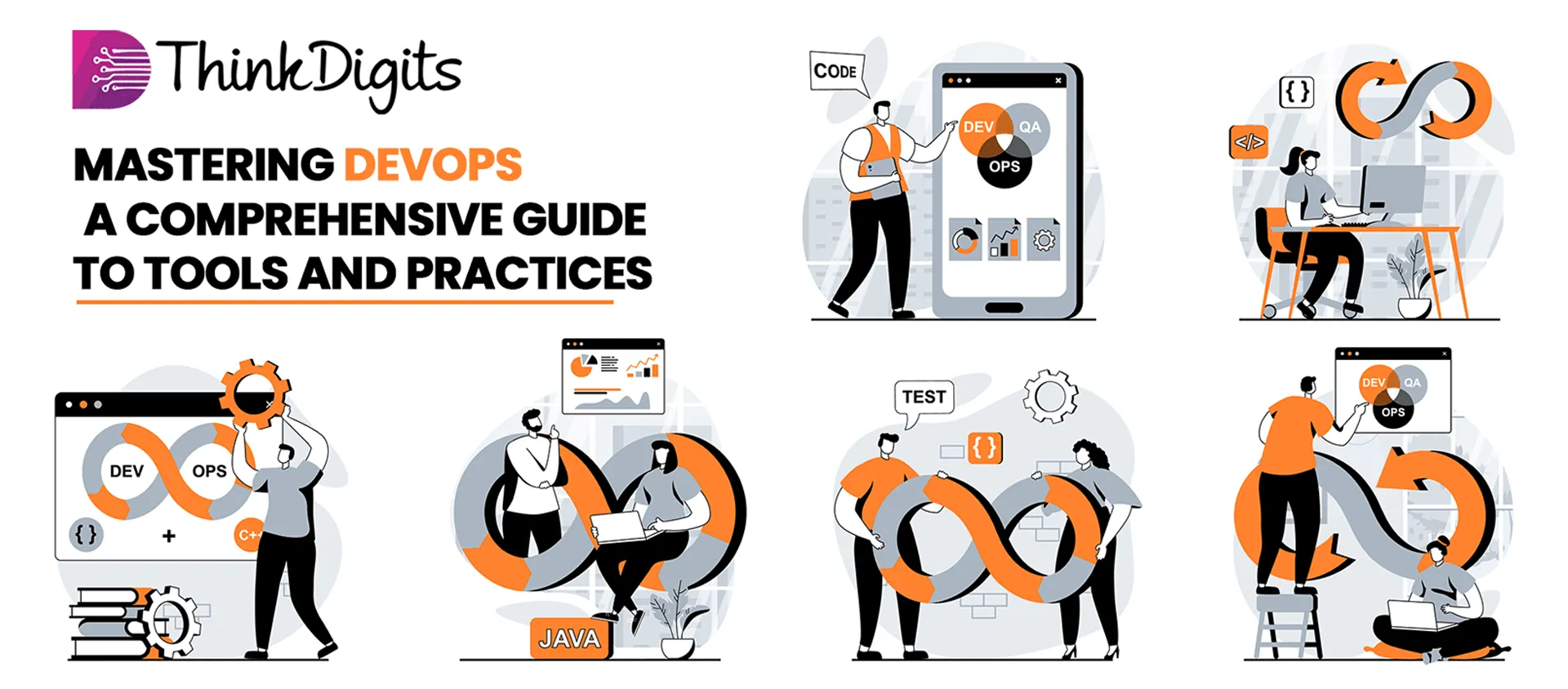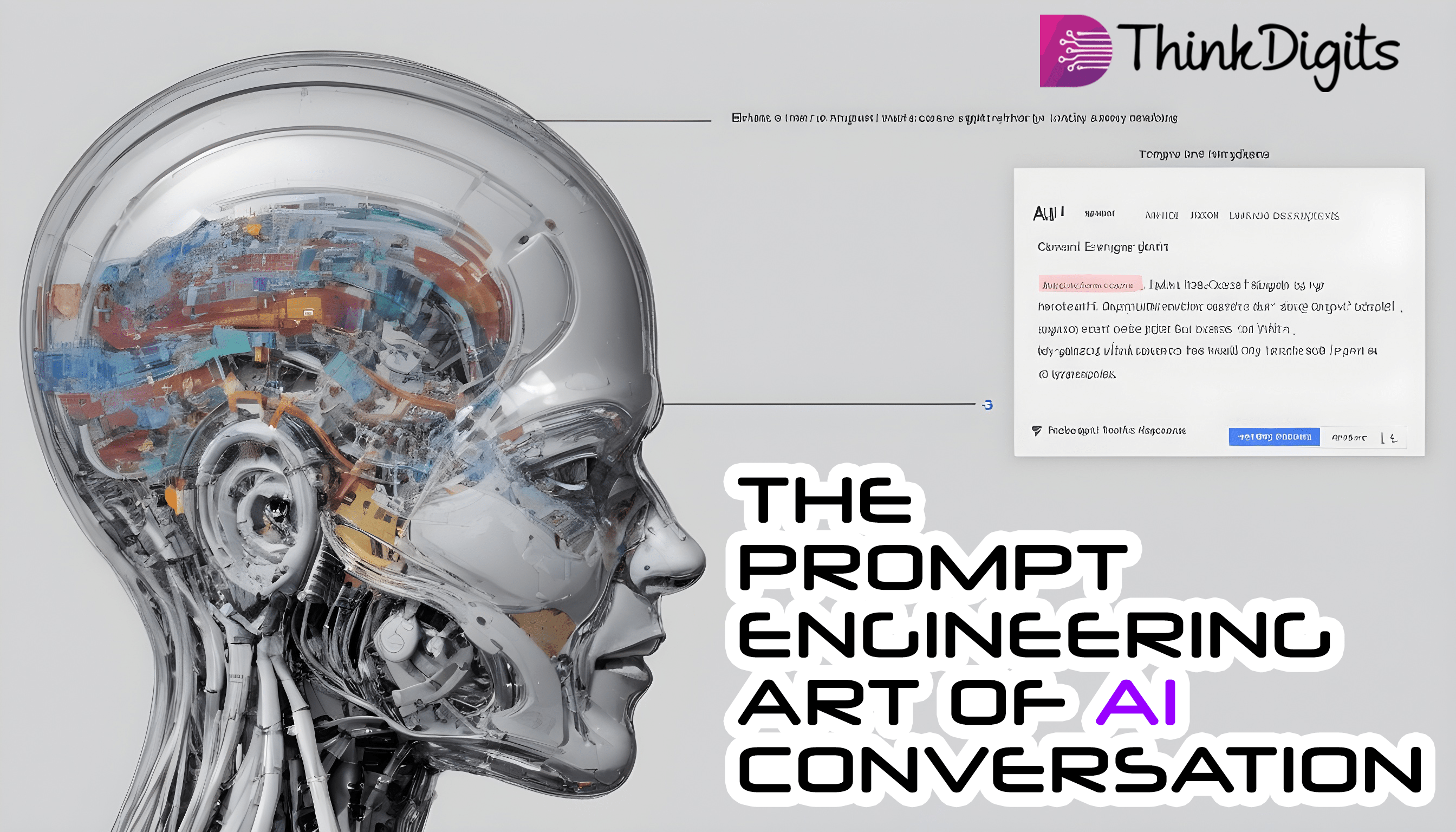Introduction
In today’s fast-paced digital landscape, mastering DevOps is essential for modern software development teams. From version control to performance optimization, DevOps practices streamline workflows, enhance collaboration, and improve the overall efficiency of development processes. In this article, we’ll delve into a comprehensive list of 19 essential tools and practices every DevOps enthusiast should know. Let’s dive in!
1. Version Control: Git, GitHub, GitLab, Bitbucket Harness the power of version control systems like Git, GitHub, GitLab, and Bitbucket to effectively manage your codebase, collaborate seamlessly, and track changes across your projects. #Git #GitHub #GitLab #Bitbucket #VersionControl
2. Continuous Integration (CI): Jenkins, Travis CI, CircleCI Automate your build and test processes with leading CI tools such as Jenkins, Travis CI, and CircleCI. Set up automated pipelines for code quality checks, ensuring rapid feedback loops and reliable software delivery. #CI #ContinuousIntegration #Jenkins #TravisCI #CircleCI
3. Containerization and Orchestration: Docker, Kubernetes, and Docker Compose Unlock the potential of containerization and orchestration technologies like Docker, Kubernetes, and Docker Compose to package, deploy, and scale your applications effortlessly across diverse environments. #Docker #Kubernetes #Containerization #Orchestration
4. Infrastructure as Code (IaC): Terraform, Ansible, Puppet, Chef Embrace Infrastructure as Code (IaC) principles with tools such as Terraform, Ansible, Puppet, and Chef to automate infrastructure provisioning, configuration management, and deployment processes. #IaC #Terraform #Ansible #Puppet #Chef
5. Continuous Deployment and Delivery (CD): Deployment Automation, Canary Deployments, Blue-Green Deployments Achieve continuous deployment and delivery excellence by automating release processes, implementing canary and blue-green deployments, and ensuring smooth, reliable software delivery to production environments. #CD #ContinuousDeployment #DeploymentAutomation #CanaryDeployments #BlueGreenDeployments
6. Monitoring: Prometheus, Grafana, Nagios Monitor the health and performance of your applications and infrastructure using robust monitoring solutions like Prometheus, Grafana, and Nagios. Gain valuable insights, visualize metrics, and proactively detect and resolve issues. #Monitoring #Prometheus #Grafana #Nagios
7. Logging: ELK Stack (Elasticsearch, Logstash, Kibana) Centralize and analyze your log data effectively with the ELK Stack, comprising Elasticsearch, Logstash, and Kibana. Ensure comprehensive log management, real-time analysis, and troubleshooting capabilities. #Logging #ELKStack #Elasticsearch #Logstash #Kibana
8. Collaboration and Communication: Slack, Microsoft Teams, JIRA, Trello Facilitate seamless collaboration and communication among team members using popular tools like Slack, Microsoft Teams, JIRA, and Trello. Streamline workflows, track tasks, and foster productive teamwork. #Collaboration #Communication #Slack #MicrosoftTeams #JIRA #Trello
9. Cloud Platforms: AWS, Azure, Google Cloud Platform Harness the scalability, flexibility, and reliability of cloud platforms such as AWS, Azure, and Google Cloud Platform to deploy, manage, and scale your applications with ease. #CloudPlatforms #AWS #Azure #GoogleCloudPlatform
10. Security: Security Best Practices, Vulnerability Scanning, Penetration Testing, SSL/TLS Certificates, Encryption Prioritize security throughout your DevOps lifecycle by adhering to best practices, conducting vulnerability scanning, performing penetration testing, implementing SSL/TLS certificates, and leveraging encryption techniques. #Security #DevSecOps #VulnerabilityScanning #PenetrationTesting #SSL #Encryption
11. Collaborative Development Tools: Version Control Branching Strategies, Code Review Processes, Pair Programming Optimize your development workflows with collaborative tools and practices such as version control branching strategies, code review processes, and pair programming. Enhance code quality, knowledge sharing, and team collaboration. #CollaborativeDevelopment #CodeReview #PairProgramming
12. Networking and Protocols: TCP/IP Networking Basics, HTTP/HTTPS Protocols, Load Balancing Concepts Understand fundamental networking concepts and protocols including TCP/IP, HTTP/HTTPS, and load balancing to ensure seamless communication and scalability within your applications. #Networking #Protocols #TCP #HTTP #LoadBalancing
13. Build and Release Management: Build Automation Tools, Dependency Management, Release Versioning, Rollbacks Streamline build and release processes using automation tools like Maven, Gradle, and Ant. Manage dependencies, version releases, and rollbacks effectively to ensure smooth software delivery. #BuildManagement #ReleaseManagement #DependencyManagement #Maven #Gradle #Ant
14. Database Management: Database Versioning, Database Migrations, Backup and Recovery Strategies Implement robust database management practices, including versioning, migrations, and backup/recovery strategies, to maintain data integrity, availability, and reliability. #DatabaseManagement #DatabaseVersioning #DatabaseMigrations #BackupAndRecovery
15. Microservices Architecture: Microservices Principles, API Gateways, Service Discovery and Registration Embrace microservices architecture principles and design patterns, utilize API gateways, and implement service discovery and registration mechanisms to build scalable, resilient, and modular applications. #Microservices #MicroservicesArchitecture #APIGateway #ServiceDiscovery
16. Serverless Computing: AWS Lambda, Azure Functions, Serverless Framework, Event-Driven Architectures Explore the benefits of serverless computing with platforms like AWS Lambda and Azure Functions. Leverage the Serverless Framework and adopt event-driven architectures to build highly scalable and cost-effective applications. #Serverless #AWSLambda #AzureFunctions #EventDrivenArchitecture
17. Performance Optimization: Load Testing, Caching Strategies, Content Delivery Networks (CDNs) Optimize application performance by conducting load testing, implementing caching strategies, and leveraging content delivery networks (CDNs) to deliver content efficiently to users worldwide. #PerformanceOptimization #LoadTesting #CDN #Caching
18. Incident Response and Disaster Recovery: Incident Management Processes, Backup and Restore Procedures, Disaster Recovery Planning Develop robust incident response and disaster recovery plans encompassing incident management processes, backup/restore procedures, and comprehensive disaster recovery planning to mitigate risks and minimize downtime. #IncidentResponse #DisasterRecovery #IncidentManagement #BackupAndRestore
19. Documentation and Knowledge Sharing: Wiki Tools, Runbooks and Playbooks, Knowledge Sharing Sessions Promote knowledge sharing and documentation practices within your organization using wiki tools like Confluence, creating runbooks/playbooks, and organizing knowledge sharing sessions to foster a culture of learning and collaboration. #Documentation #KnowledgeSharing, #Confluence #Runbooks #Playbooks
Conclusion: Mastering DevOps is a journey that requires continuous learning, experimentation, and adaptation. By leveraging the tools and practices discussed in this comprehensive guide, you can streamline your development workflows, enhance collaboration, and deliver high-quality software efficiently. Start implementing these strategies today to propel your DevOps journey to new heights!
Your Trusted Partner in Building Effective AI
ThinkDigits is a prominent AI/ML software company that assists organizations in speeding up their digital transformation journeys using the AI platform and providing business-focused Artificial intelligence services in the USA. This includes a wide range of turn-key intelligent applications that expand portfolios of big-scale AI, digital twin, advanced analytics, and IoT solutions that begin and end with ThinkDigits’s data-driven approach.



